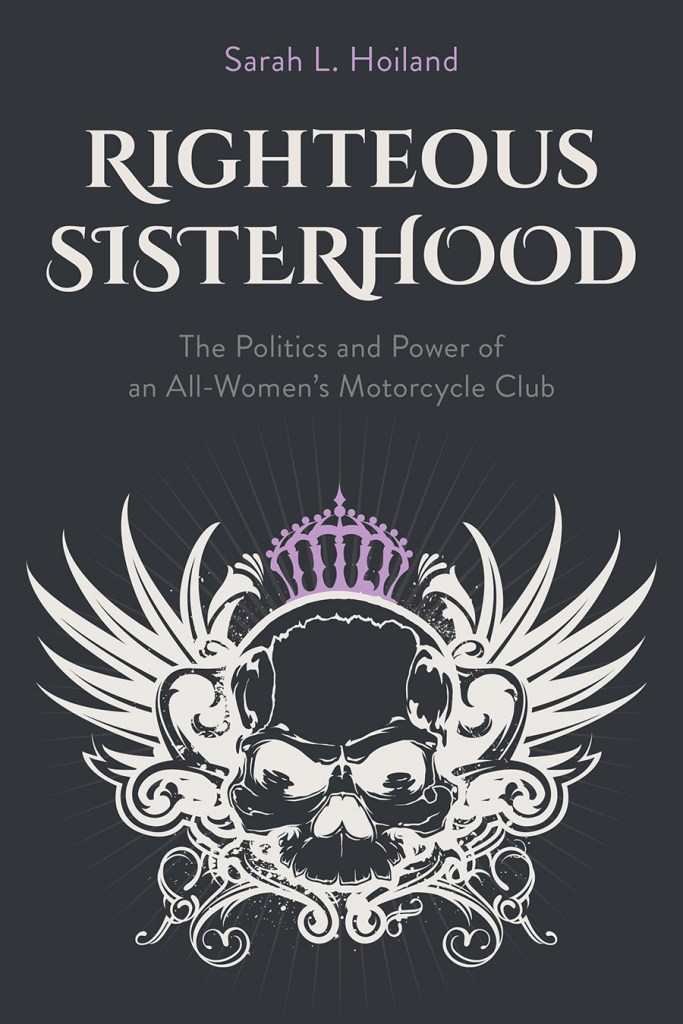
In this episode, we have the good fortune of welcoming back returning guest and host, Dr. Sarah Hoiland, Professor of Sociology at Hostos Community College. When she was here in 2018, she talked about an article she had written about the 1947 Gypsy tour motorcycle rally in Hollister, California. That was foundational research she was conducting on motorcycle culture and women’s empowerment which, seven years later, became the book Righteous Sisterhood: Politics and Power in an All-Women’s Motorcycle Club published by Temple University Press. She is in conversation here with Ashley Walker, a City College political science student (Note: when this was recorded in December, she was just about to graduate from Hostos!). The two met through the HOPE program (Holistic Oasis for Parents’ Education) at Hostos which is directed by Sarah. Ashley talks with Sarah about her years-long experience with an all-women’s motorcycle club from her embedded status to her eventual exile or “civic death.” In so doing, they address issues of gender, power, and the meaning of rituals and lineage and they end on the positive note of the joy of community building.
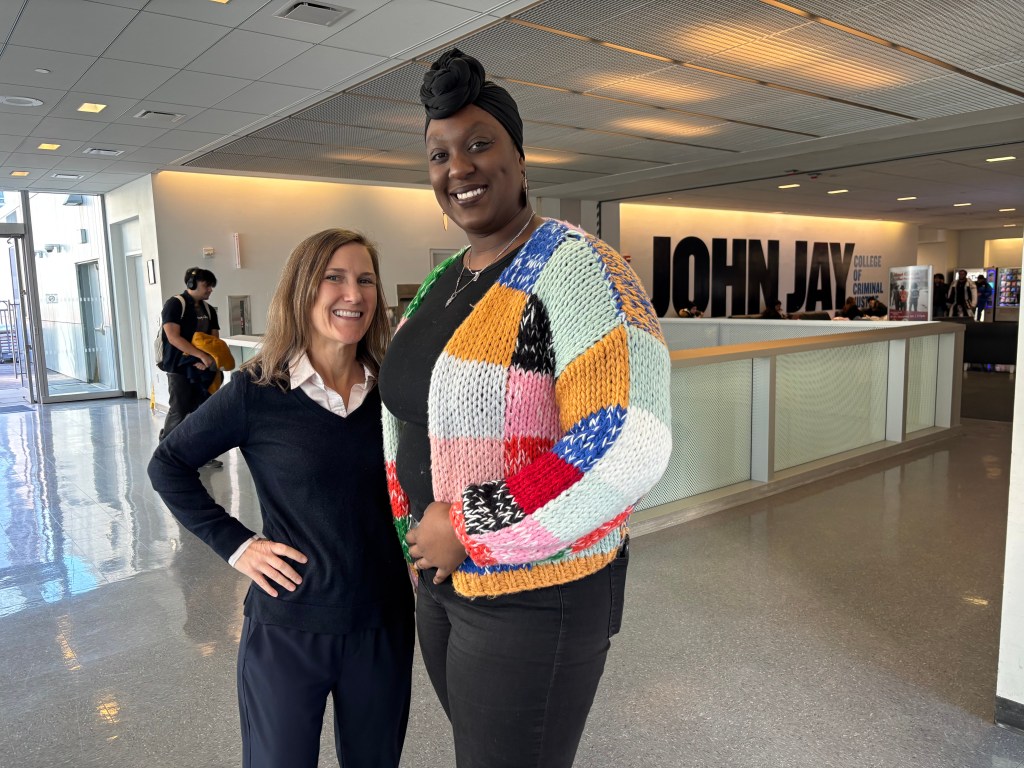
Sarah L. Hoiland, Professor of Sociology at Hostos Community College, the Research and Budget Director at the CUNY Academy, and Principal Investigator of two current National Science Foundation funded research projects. Righteous Sisterhood: Politics and Power in an All-Women’s Motorcycle Club (Temple University Press, 2025) offers readers a lens through which to see how righteous sisters forge a political community within and through RSMC and invites readers to explore how these women negotiate identity, politics, and the pursuit of excellence in an environment that resists change. It is a story of empowerment, defiance, and the transformative power of community amid a fractured society—while also revealing themes of disempowerment, conformity, and the exclusionary force of political communities. Her research spans a variety of contexts and topics, but it is centered around questions of identity, transformation, and belonging. In addition to the episode mentioned above, her other previous visits to Indoor Voices can be found here and here.
Ashley Walker is a recent graduate of Hostos Community College with an Associates Degree in Business Management and is currently a Political Science major at City College. She is an avid learner, loves potting/planting, books, music, and all things Tim Burton! In her career, she hopes to make lasting change in the intersections of communities she inhabits by way of advocation and policy change. Ashley is a mom, a student, a proud member of Hostos Community College HOPE program, Student Government, Student Leadership Academy, Phi Theta Kappa Honor Society, as well as the Malave Leadership Academy and is looking forward to putting her hands in as many “pots” as she can.
Listen to Episode 118 now! (Apple Podcasts)
Follow us! Indoor Voices (Apple Podcasts) (X)



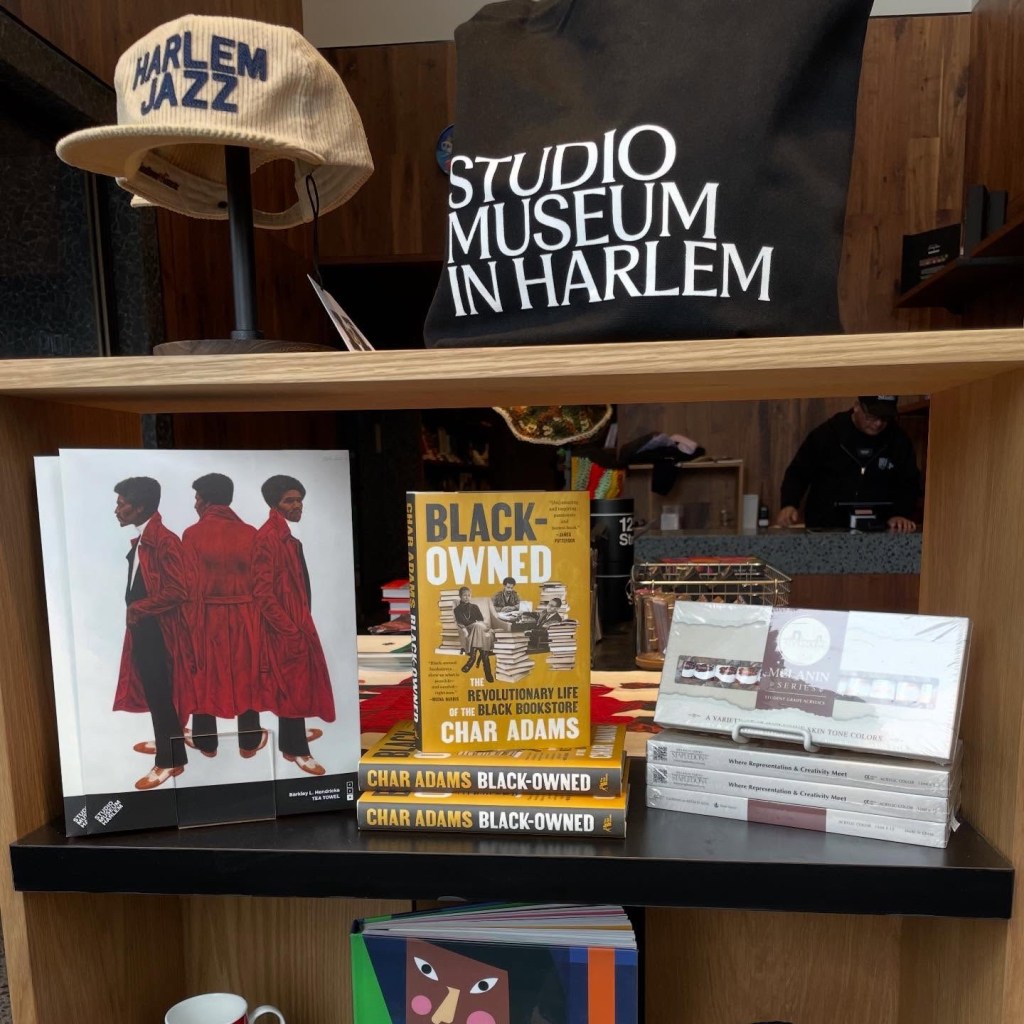

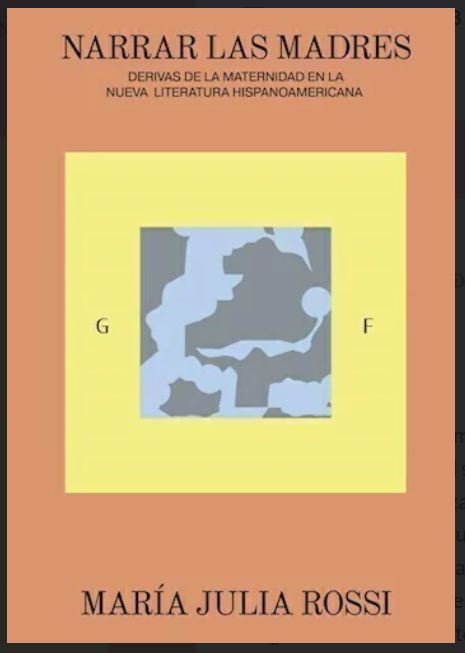

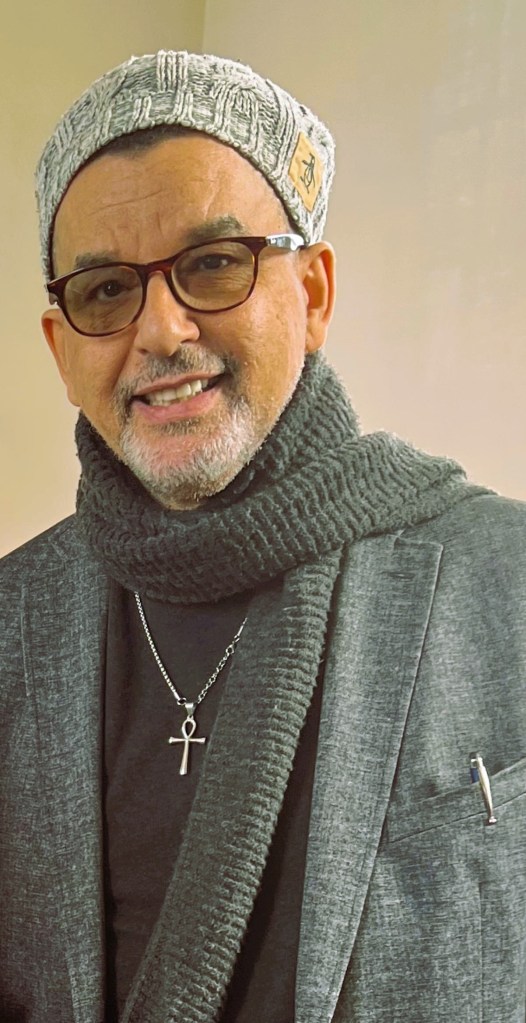



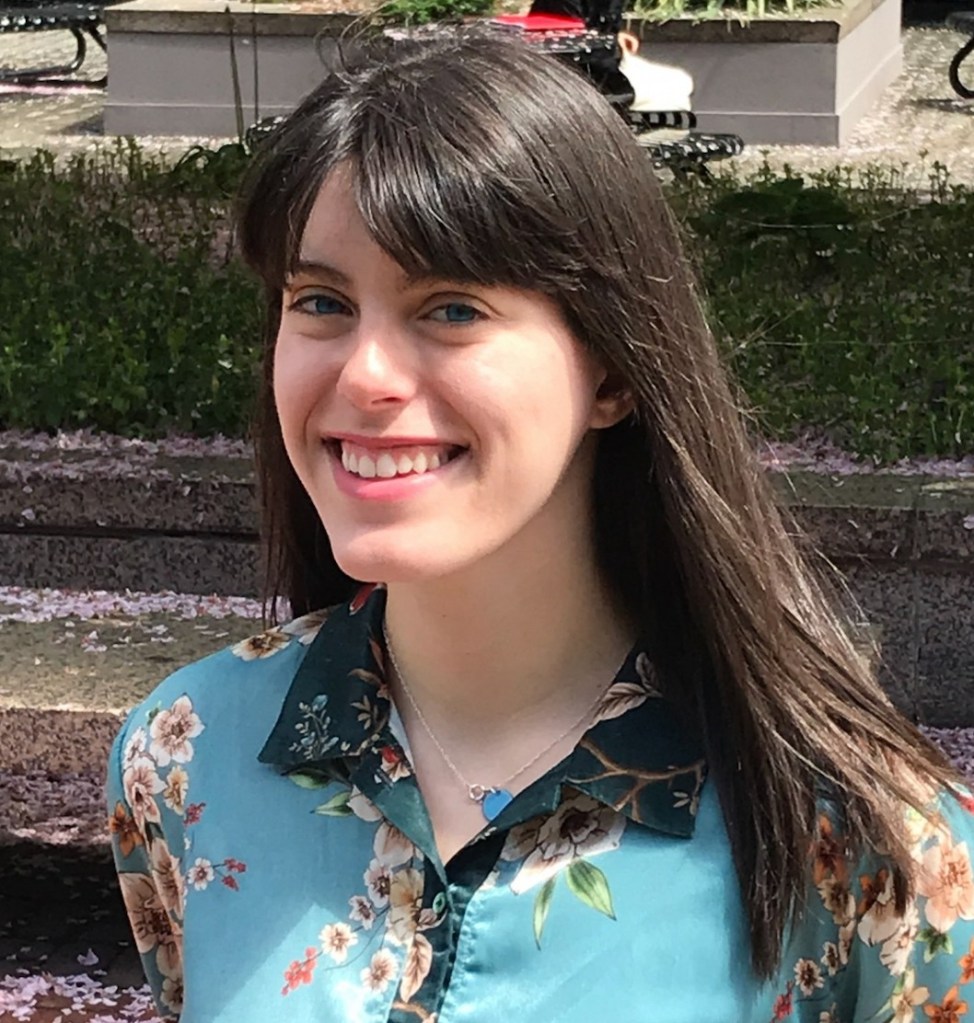
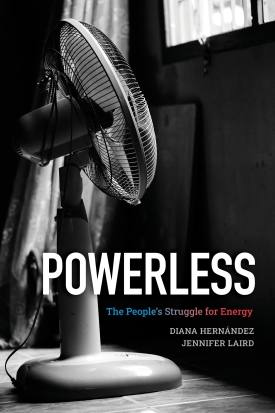

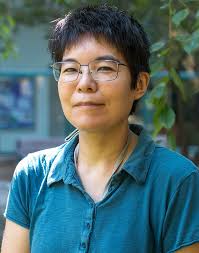





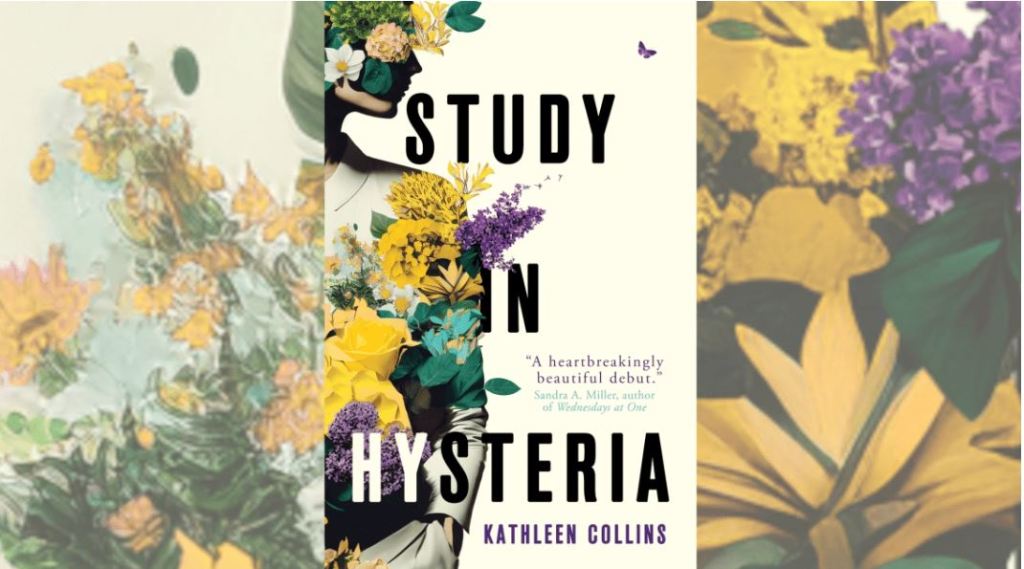
You must be logged in to post a comment.